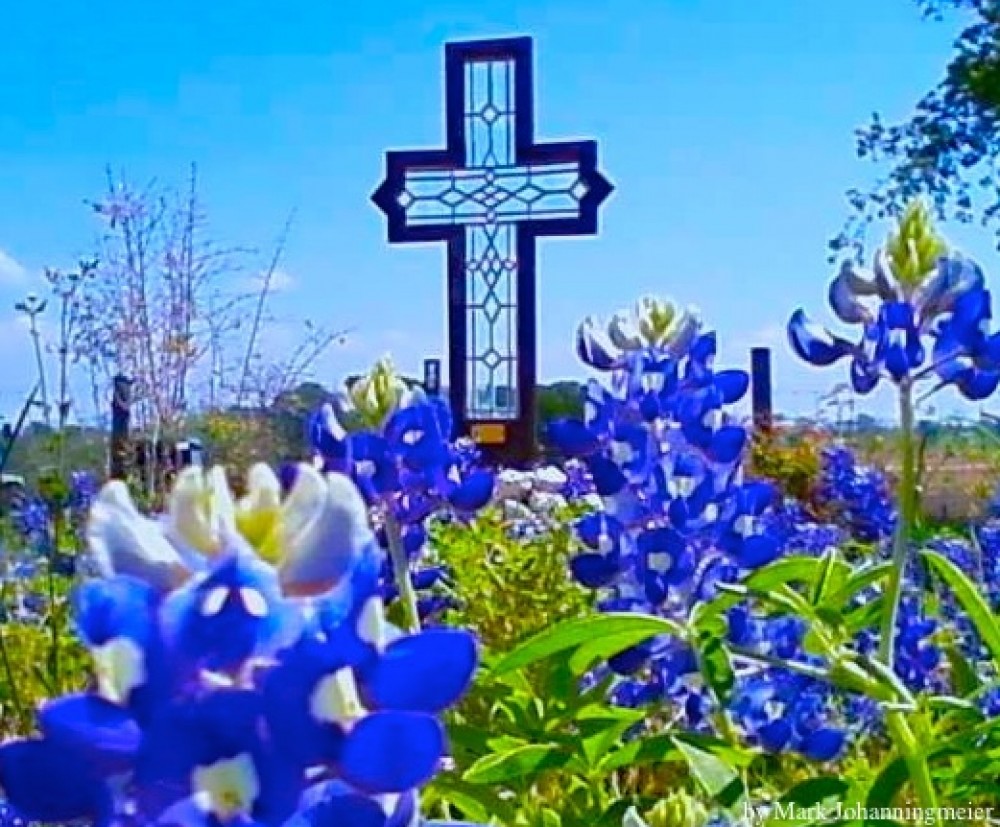In Part 2, I will look/focus on Moses’ Psalms or Songs outside of the Book of Psalms. I believe that Moses and his Chief Songwriter, the Holy Spirit, crafted these songs to help the people reflect where he and they had been and where they were going. In Part 1 I focused on his songs that were in Psalms.
One way to read the works of Moses (Exodus, Numbers, Deuteronomy, and his songs) is to see his personal growth, victories, and failures in his writings and songs. In the first third of his life, he knew his history but was trained in the ways of Egypt. In the second third of his life, he had the influence of a priest of Midian, so who knows what he heard. His final third starts off with a burning bush and a showdown with the Egyptian court that raised him; all of that in less than two years.
Exodus 15 – I have to wonder if lines and verses of this song started coming to him as soon as he got word from Pharoah to leave. Hear the joy in this song but do not miss his personal vindication as he shouts, “He is my God, and I will praise Him”.
The mighty Egyptian army was crushed by the very thing that saved the people, the Red Sea. Moses stresses God’s mighty right hand and His arm, both symbols of strength. He is given a prophetic element in verses 14 and 15 against the people they are going to conquer. This song ends with a vision of the good land to come.
Miriam, his older sister, quickly grabs a small part of the song and turns it into a catchy dance tune.
Numbers 21:17-18
17 Then Israel sang this song: Spring up, well—sing to it!
18 The princes dug the well; the nobles of the people hollowed it out
with a scepter and with their staffs. (HCSB)
I am giving Moses credit for this song. You will need to give some leeway on this song and the “well”. Either there was an unrecorded water source, or this is the water from Exodus 17:6. If it is Exodus 17, verse 18 has a lot of imagery and imagination in comparison to what we think happened. I have a feeling that it was sung every time they came to a water source.
This is near the end of the years of wandering. Moses had just made the bronze snake and the defeat of Sihon and Og was about to take place, followed by a huge test that was orchestrated by Balaam and the Midianites.
Psalm 111
Before you rush to write a “wait a minute” comment, please let me explain. Book V in Psalms (107-150) was possibly assembled to reflect Moses’ fifth book – Deuteronomy. It has songs of ascent (121 to 134), the longest Psalm (119), and the shortest Psalm (117), some are read during Passover (113 – 118), and many have no author. A footnote in the NIV has Psalms 98 and 111 as being quoted in the Song of Moses and the Lamb in Revelation.
Read this Psalm; you can hear Moses singing this to teach Israel about its God. (See Part 1.) He uses many ideals past and future to strengthen the people’s faith in their God. It is an acrostic psalm, which is another excellent way to teach people.
Deuteronomy 32
I believe this is Moses’ opus reflecting on the last forty years of his time with Israel and his time in the physical presence of his Rock. You can’t help but hear the regret in this song about him not speaking to the rock.
Before you read Chapter 32 it would do you good to read 31:19-22. Moses wrote this song as a testament against Israel in the future. These are not a “light” read but the song has plenty of God’s thoughts for and about His people.
Revelation 15:3 and 4
3 And they sing the song of Moses the servant of God, and the song of the Lamb, saying, Great and marvellous are thy works, Lord God Almighty; just and true are thy ways, thou King of saints. 4 Who shall not fear thee, O Lord, and glorify thy name? for thou only art holy: for all nations shall come and worship before thee; for thy judgments are made manifest. (KJV)
Phrases in this song are drawn from Psalm 111:2,3; Deut. 32:4; Jer. 10:7; Psalms 86:9; 98:2. All of the verse below are from the NIV. The footnote is in Revelation 15 in Bible Gateway.
Psalm 111: 2 Great are the works of the Lord; they are pondered by all who delight in them. 3 Glorious and majestic are his deeds, and his righteousness endures forever.
Deut. 32:4 He is the Rock, his works are perfect,
and all his ways are just.
A faithful God who does no wrong,
upright and just is he.
Jer. 10:7 Who should not fear you,
King of the nations?
This is your due.
Among all the wise leaders of the nations
and in all their kingdoms,
there is no one like you.
Psalms 86:9 All the nations you have made
will come and worship before you, Lord;
they will bring glory to your name.
Psalms 98:2 The Lord has made his salvation known
and revealed his righteousness to the nations.
The placement of this song in Chapter 15 is interesting. The people who sing it have conquered the beast and his image. After they have sung the song, the Tabernacle of the Testimony is opened, and the final seven plagues will be released. (This Tabernacle is what Moses saw to make his copy for Israel.)
